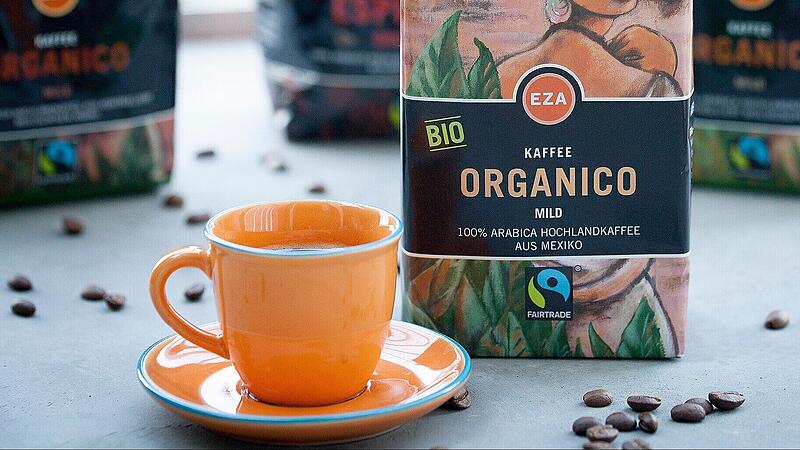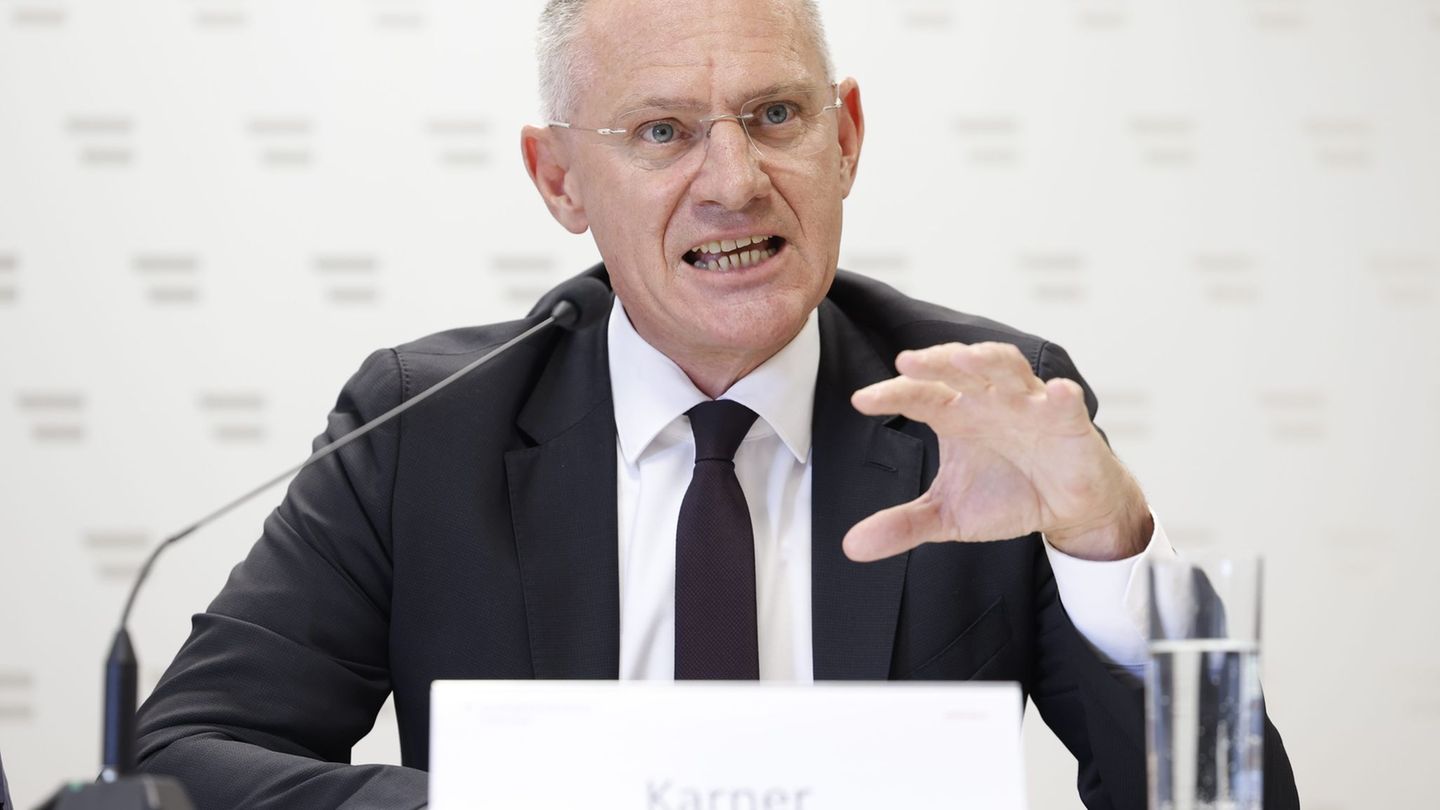Image: EZA
The trend towards more sustainability seems to be continuing even in economically tense times: Austrians spent 592 million euros on Fairtrade-certified food in 2022. Compared to the previous year, this corresponds to an increase in sales of around a quarter. In an international comparison, only the Swiss use more fairly traded products.
More cocoa, coffee and tea
In terms of volume, there was an increase in certified cocoa (+22 percent), tea (+17 percent) and coffee (+10 percent). One of the main reasons for the increase in cocoa volume was the switch to Fairtrade cocoa at Berglandmilch, Manner, Ölz and Ströck. In contrast to international brand groups, many domestic companies would rely on the seal of approval and thus be successful both domestically and in export, said Fairtrade Austria boss Hartwig Kirner to the APA. After record sales figures in the 2020/21 corona pandemic, sales of roses (-19 percent) and sugar (-12 percent) have fallen.
Fairtrade seal is awarded to products where smallholders and plantation workers receive a guaranteed minimum wage and better working conditions. In addition, investments are to be made locally in education and development projects and production is to be environmentally friendly. Fairtrade in competition with other sustainability labels such as Rainforest Alliance.
Fair products more stable in price
Inflation is a big issue for many consumers. Compared to conventional coffee, Fairtrade products can score with a lower price increase: According to Kirner, Fairtrade coffee was 9.2 percent more expensive on Austrian supermarket shelves last year, conventional coffee by 15.6 percent. This difference is mainly due to the lower fertilizer and energy consumption in the agricultural production of Fairtrade coffee.
High inflation is also putting further pressure on small farmers and agri-cooperatives in Africa, Latin America and Asia. According to Kirner, the costs for fertilizer, packaging material and transport have risen sharply again. For coffee farmers, 2022 was a “reasonably good year” in terms of sales prices, but the sideways price movement at a low level for cocoa for farmers in West Africa is worrying, said the Fairtrade Austria boss. “With cocoa, there is the greatest pressure to act.” Three major cocoa wholesalers would dominate the global market, keeping prices low and not paying much attention to the issue of child labor in cocoa farming.
Do you look for the Fairtrade seal when shopping? Let us know what you think.
This vote is disabled
Please activate the category targeting cookies in your cookie settings to view this item. My cookie settings
Source: Nachrichten




